The 2019 Jan Michalski Prize has been awarded to Zeruya Shalev for her novel Pain: A Novel
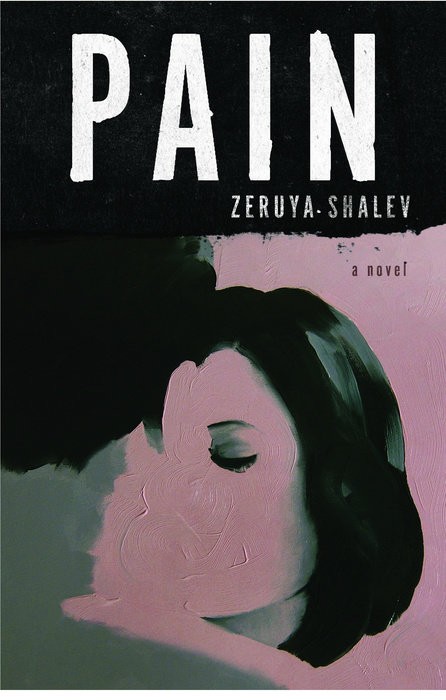
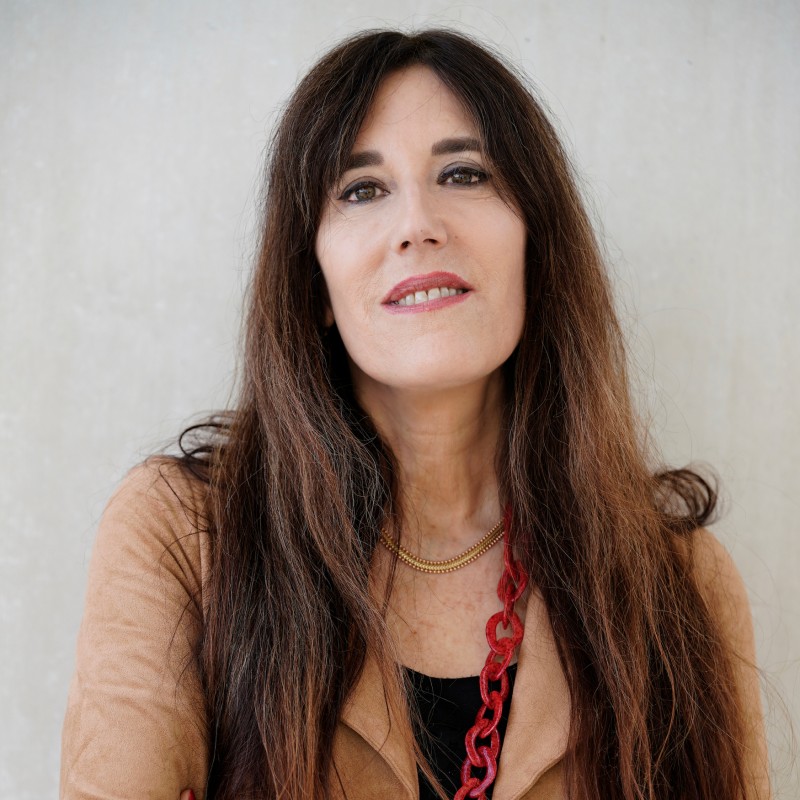
The 2019 Jan Michalski Prize has been awarded to Zeruya Shalev for her novel Douleur (Gallimard, 2017; published in English as Pain: A Novel, Other Press, 2019, translated from the Hebrew by Sondra Silverston).
The jury hailed ‘a dizzying novel in which the author explores the physiological and emotional territories of suffering, where the characters’ past and present are inextricably linked. Zeruya Shalev is a singular writer whose prose, both fluid and tense, sharp and poetic, gives us a narrative that is delicate in its violence, a tale of obstinate love involving several generations. A story of personal heartbreak, moving through layer upon layer as it adheres closely to the development of Israeli society, Shalev’s book also represents the novel as the scar tissue of a country.’
Laureate
Awarded the 2019 Jan Michalski Prize for its French translation, Zeruya Shalev’s latest book, Pain: A Novel, offers readers the dizzying and enchanting experience of an immersion in the inner world of Iris, the brilliant and devoted school principle in Jerusalem. Iris is in her forties and married to Micky, who has withdrawn into his online chess games. She is also the mother of two older children who are about to enter the world to fend for themselves. Her existence has come to a tipping point when, ten years after being seriously injured in a terrorist attack as she passed a bus just as it was blown up, Iris finds her physical pain has returned, the long-term aftermath of a deeply traumatic experience. She rediscovers, in the doctor she is consulting at the hospital’s pain clinic, the first great love of her life, Eitan, who had suddenly left her when she was seventeen. Thus, another, older pain is revived, that of grief and being abandoned. Iris and Eitan counteract that pain with the rebirth of desire and the temptation to abolish time by rekindling their incomplete passion. From this nodal point Shalev examines all the nuances of mood and consciousness of a human being who is at a crossroads. The book delves into the different layers of time in Iris’s life, her own childhood while her mother was losing her memory, and the childhood of her own children, while her twenty-one-year-old daughter is adrift, under the influence of a manipulative guru, and her son will soon be called up for his military service. Like a raging storm battering a skull from within, her instincts and urges collide with her social and family commitments as lines of parentage sway and strain, snag the ghosts of the past, and entangle the separate fates of the protagonists.
This sensitive portrait of a woman seeking balance and meaning encompasses a whole social landscape in which violence is seen from the inside. Although Zeruya Shalev has long steered her writing away from the Israeli-Palestinian context, Pain was the chance to explore with great subtlety the multiple impacts a politically rooted event has on a life – the better to return to what is universal in the human soul.
As the winner of the 2019 Jan Michalski Prize, Zeruya Shalev will receive CHF 50,000 in prize money as well as a work of art selected especially for her: Bird and Egg, a plaster piece by Kiki Smith, 2004
Biography
Born in 1959 at Kibbutz Kinneret in Galilee, the Israeli writer Zeruya Shalev lived in Tel Aviv and later Jerusalem, where she earned a degree in Bible studies. She currently lives and works in Haifa. Her writing includes both poetry, fiction and two children’s books. Her 1997 novel Love Life (Grove Atlantic, 2001, for the English translation) is the autopsy of a devastating and subversive affair between a young married woman and her father’s boyhood friend; it stirred up controversy in Israel and went on to be a great critical and commercial success internationally. Her next book, Husband and Wife(Grove Atlantic, 2003), was also a best seller. Seriously injured when a suicide bomber blew up a bus in January 2004 just as she was passing it, the author remained immobilized for several months before being able to return to her writing. There followed Thera (Toby Press, 2010), The Remains of Love (Bloomsbury, 2013), and finally Pain: A Novel (Other Press, 2019).
Zeruya Shalev’s work has been translated into over twenty languages and awarded a number of prestigious prizes, including the 2001 Corine International Book Prize, the 2012 Welt Literaturpreis from the German newspaper Die Welt, and the 2014 Prix Femina étranger. Her fiction readily explores the terrain – by turns light and dark – of human intimacy, the inflections of our family and love lives, and the clashes of different generations.
Zeruya Shalev is involved, moreover, in the apolitical and areligious civic movement Women Wage Peace.
Selections

Pain
Other Press, New-York, 2019
Proposed by Jul (Julien Berjeaut)
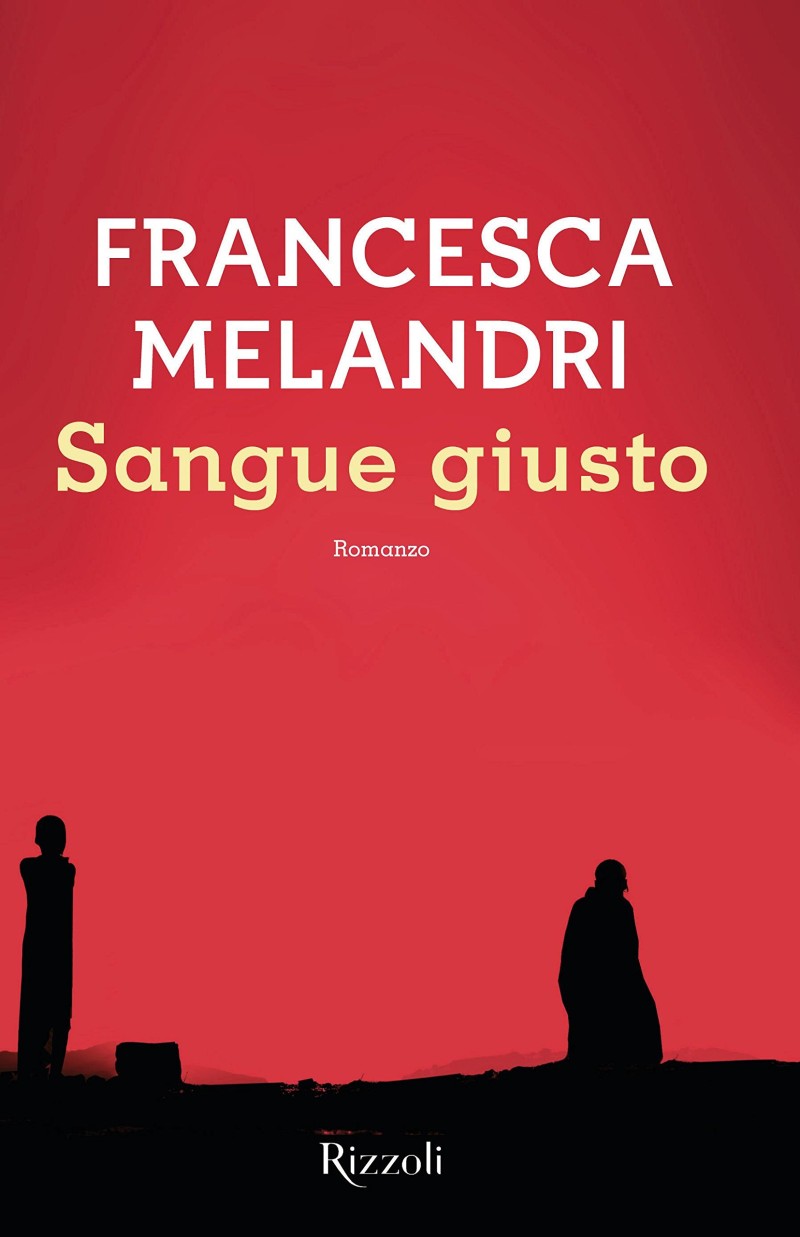
Sangue Giusto
Proposed by Andrey Kurkov
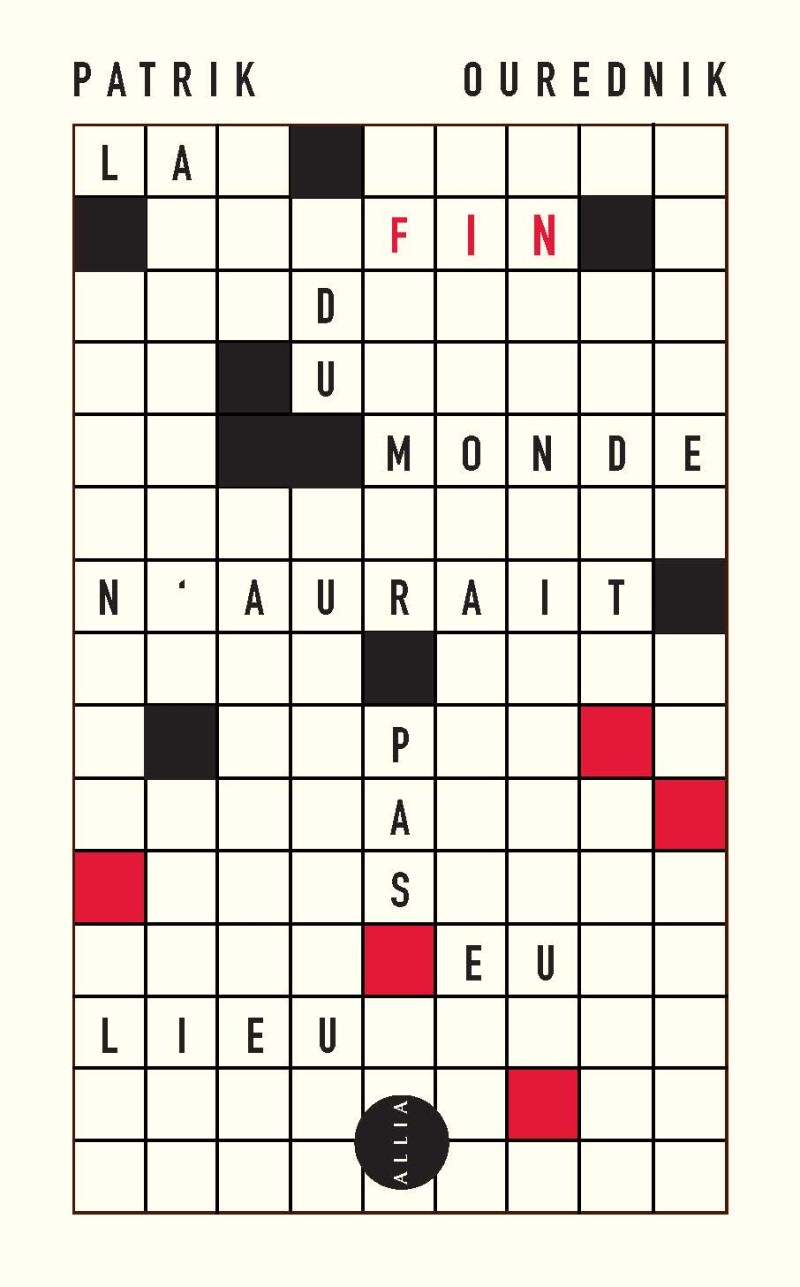
La fin du monde n’aurait pas eu lieu
Proposed by Tomasz Różycki
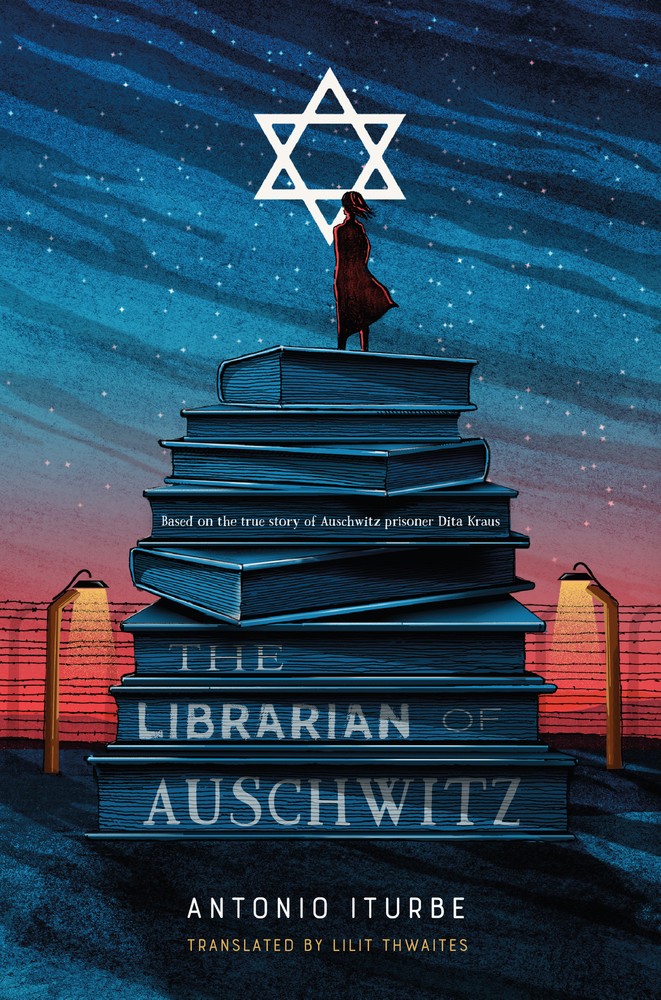
The Librarian of Auschwitz
Henry Holt & Co, New York, 2017
Proposed by Alicia Giménez Bartlett

La fin du monde n’aurait pas eu lieu
Proposed by Tomasz Różycki

Sangue Giusto
Proposed by Andrey Kurkov

Pain
Other Press, New-York, 2019
Proposed by Jul (Julien Berjeaut)
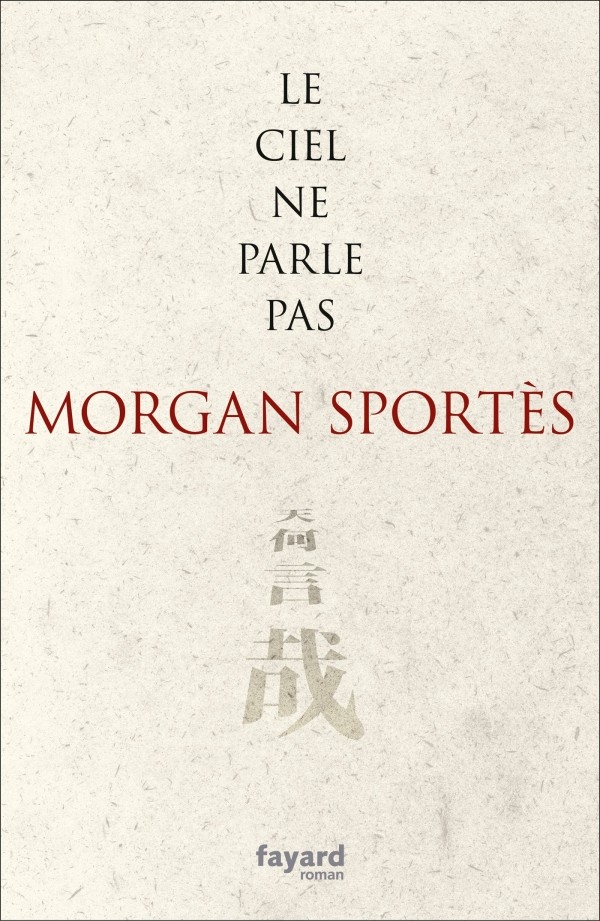
Le ciel ne parle pas
Proposed by Benoît Duteurtre

The Librarian of Auschwitz
Henry Holt & Co, New York, 2017
Proposed by Alicia Giménez Bartlett
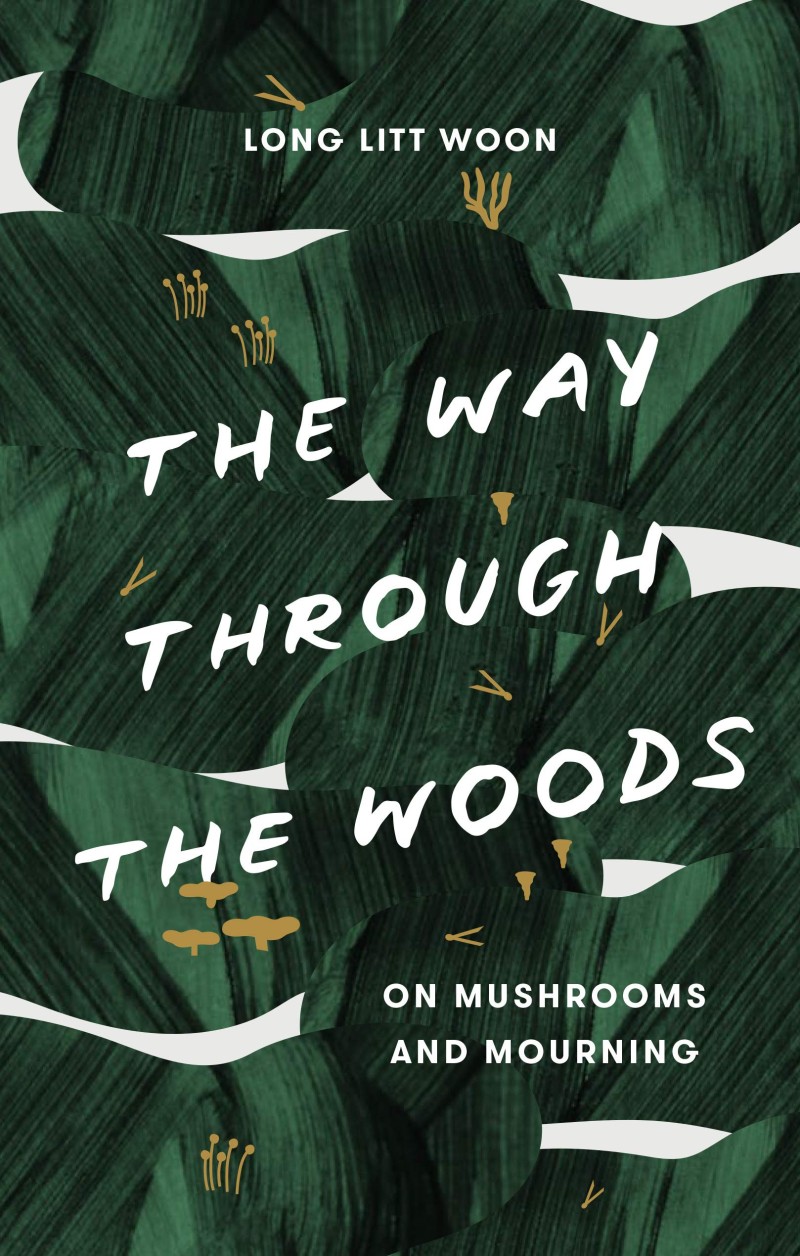
The Way Through The Woods: Of Mushrooms and Mourning
Spiegel & Grau, New York, July 2019
Proposed by Vera Michalski-Hoffmann

La fin du monde n’aurait pas eu lieu
Proposed by Tomasz Różycki

Sangue Giusto
Proposed by Andrey Kurkov

Pain
Other Press, New-York, 2019
Proposed by Jul (Julien Berjeaut)
Jury
Vera Michalski-Hoffmann, President of the jury
Éditrice née en 1954, Vera Michalski-Hoffmann s’est investie pour promouvoir la littérature en créant le groupe éditorial Libella avec son époux Jan Michalski. Depuis 1987, de nombreux auteurs ont été publiés en français, en polonais et en anglais dans différentes maisons d’édition parmi lesquelles Noir sur Blanc, Buchet-Chastel, Phébus, Wydawnictwo Literackie ou World Editions. En 2004, Vera Michalski-Hoffmann crée la Fondation Jan Michalski pour l’écriture et la littérature en mémoire de son mari afin de perpétuer leur engagement commun envers les acteurs de l’écrit, de soutenir la création littéraire et d’encourager la pratique de la lecture.
Alicia Giménez Bartlett
Born in Almansa, Spain, in 1951, Alicia Giménez Bartlett holds a degree in philology and graduated from the University of Barcelona. She wrote her first novel Exit in 1984. Since then, her essays and novels have been rewarded with many literary prizes: Una habitación ajena captures the tense relations between Virginia Woolf and her handmaid (Femenino Lumen Prize, 1997), Donde nadie te encuentre (Nadal Prize, 2011), and Hombres desnudos (Planeta Prize, 2015). With her detective stories featuring Petra Delicado she became one of the most famous Spanish thriller writers, translated into sixteen languages. Those investigations are adapted for television. They also earned her the prestigious Raymond Chandler Prize in 2008.
Jul (Julien Berjeaut)
The political cartoonist and author of French comic books Julien Berjeaut, known as Jul, was born in 1974. He graduated with a teaching degree in history and was teaching Chinese history when he chose to devote himself to cartooning. He has worked for a number of newspapers and magazines, including Lire, Charlie Hebdo, Le Nouvel Observateur, Libération, and Le Monde. In 2005 he published his first comic book with Il faut tuer José Bové, a popular success that poked fun at anti-globalists. In 2012 his series Silex and the City was adapted for television (Arte) as an animated series. Jul has also worked as a cartoonist for various television shows (Le Grand Journal on Canal+, La Grande Librairie on France 5, 28 minutes on Arte). In 2016 he became the new cartoonist behind the venerable Lucky Luke series of comic books. In 2018 Arte broadcast 50 nuances de Grecs, inspired by his comic book of the same name.
Benoît Duteurtre
The novelist, essayist, and musical critic Benoît Duteurtre was born in 1960 in Normandy, France. He took a degree in musicology and published his first novel, Sommeil perdu, in 1985. Drôle de temps was awarded the 1997 Prix de l’Académie française, and Le voyage en France the 2001 Prix Médicis. La petite fille et la cigarette, published in 2005, has been translated into a score of languages and was adapted for the stage. In 2006 he help found the literary review L’Atelier du roman with Milan Kundera and Michel Houellebecq. His recent titles are Livre pour adultes (2016) and En marche! Conte philosophique (2018). He is the author of numerous music shows that have been broadcast by France 3, France 5, and France Musique, and writes for the magazine Marianne, as well as Le Figaro littéraire and Le Monde de la musique.
Andrey Kurkov
Andrey Kurkov is a Ukrainian writer who writes in Russian. Born in St Petersburg in 1961, he graduated from the Kiev Foreign Languages Institute, worked for some time as a journalist, did military service as a prison warder in Odessa, then became a film cameraman, writer of screenplays and novelist. He is the author of nineteen novels – including the critically acclaimed Death and the Penguin, The President’s Last Love, The Milkman in the Night –, nine books for children, and twenty documentary, fiction and TV movie scripts. His work is currently translated
into forty languages. He has recently been elected the President of PEN Ukraine.
Tomasz Różycki
The poet, essayist and translator from the French Tomasz Różycki was born in 1970 in Opole, Poland. After taking a degree in Romance philology at the Jagiellonian University (Kraków), he joined the teaching staff at the teachers training college for foreign languages in Opole. His work, emblematic of a generation caught up in the current uncertainties roiling world politics, is published in France, Germany, Italy, Slovakia, and the United States. His long poem called Dwanaście stacji (Twelve Stations) was awarded the 2004 Kościelski Foundation Prize and was nominated for the 2005 Nike Prize. Colonies, translation into English of Kolonie, won the 2014 Northern California Book Award for Poetry in Translation. He has translated Mallarmé, Rimbaud, and Segalen, and writes for numerous reviews, such as Czas Kultury, Odra, PEN America.
Related
Dossier de presse
Prix Jan Michalski de littérature 2019






L’écrivaine israélienne Zeruya Shalev reçoit le prix Michalski 2019
Pour moi, écrire, c'est un peu comme conduire la nuit avec des lumières faibles
Article de Boris Senff, 24heures
Discours de Zeruya Shalev
Prix Jan Michakski de littérature 2019
Laudatio de Jul
Prix Jan Michalski de littérature 2019